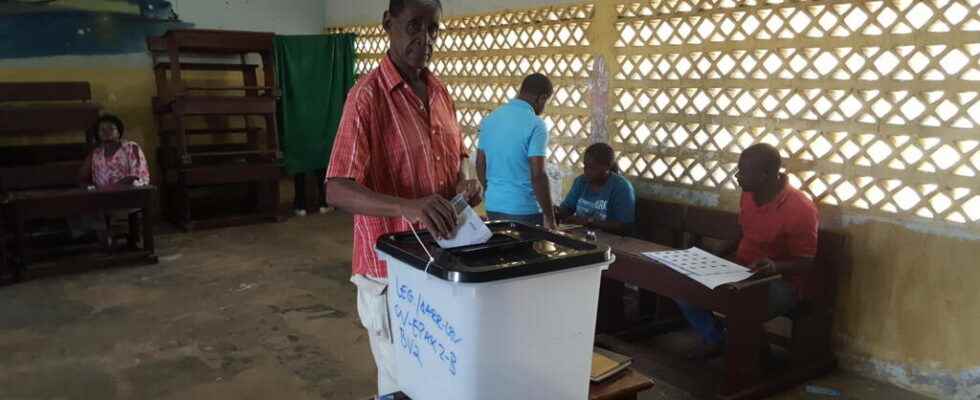In Gabon, the year 2023 which has just begun will be an election year. The country will hold three major elections: a presidential, legislative and local elections. A few weeks ago, the Ministry of the Interior published a letter indicating that this year the operations of revision of the electoral lists will not be carried out in schools. An announcement that made civil society jump, which mobilized on Saturday.
With our correspondent in Libreville, Yves-Laurent Goma
In his note, the Minister of the Interior Lambert Noël Matha specifies that the operations of revision of the electoral lists will be carried out in the town halls, the governorates, the prefectures and the sub-prefectures. Schools are excluded this year so as not to disturb the students, justifies the Minister of the Interior.
This reason is not admissible, argues Edmond Okemvele, vice-president of Gabon first.
“ He tells us that it’s because of the school year, but we’ve been enrolling in the middle of the school year since 1990. But whatever he wants to explain, he’s not making the law for him. If they don’t like it, let them do it in the churches since in every village in Gabon there is at least one church. We no longer want elections with cheating, with fraud, with violence, with increasing abstention rates. »
During the press conference, civil society denounced a decision that could deprive some voters of their right to vote for lack of money to travel. She also wanted to be invited to the political meeting announced by President Ali Bongo in his speech of wishes to the nation. Civil society wishes to make proposals on the electoral transparency desired by all political actors.
